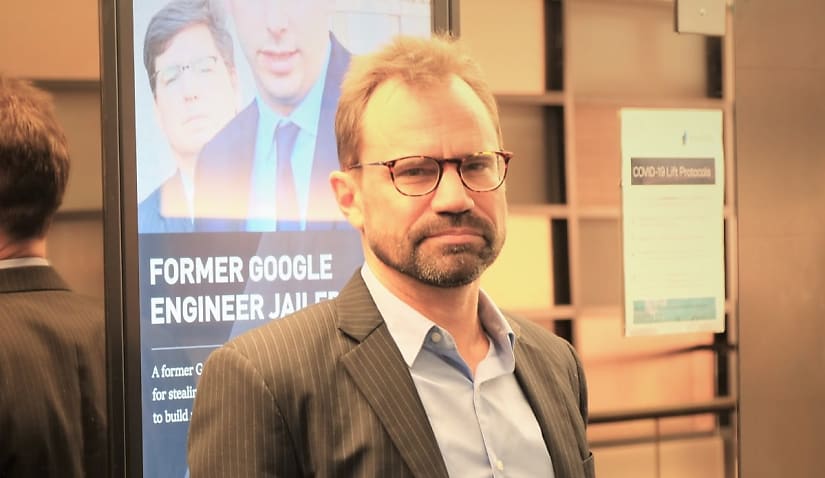The disastrous interview of Woolworths chief executive Brad Banducci on the ABC current affairs program Four Corners earlier this week, in which he stormed out while being recorded and subsequently resigned once the program aired, shows how high the stakes can be for lawyers and other professionals with media interviews, writes Andrew Mckenzie.

Coles managing director Leah Weckert was interviewed for the same program, but after delivering a far more “lawyer-like” performance, she largely disappeared from public commentary despite using the odd tactic during the interview of complete silence to deflect a question about grocery market concentration.
Many lawyers will never interact with a journalist over the course of their careers, but for others, whether it is due to the nature of their clients and work, or because they use the media to build a professional profile, the media interview is a regular experience.
The great benefit of any story that appears following an interview is that it gains the implied “third-party” endorsement of the journalist and the media brand it appears in. The downside is that control is ceded and the outcome can be unpredictable. For a controversial issue – such as grocery market concentration in Australia – the outcome can damage reputation as much as enhance it.
Depending on the story, the specific challenges for lawyers in interacting with the media can be professional – distilling complexity or obligations to the court or clients – or personal – managing nerves, frustration, fear of loss of control, and providing a relatable performance.
However, there are some key questions you can ask yourself that can help make the “train-wreck” interview less likely and lead to the outcome you want.
Is there an opportunity for “background” or “off-the-record” discussion? Should you follow up with additional information? Is it possible to review quotes (it often isn’t, but you can ask).
There are many more elements to effectively managing a media interview, but the most important thing is that you take it seriously enough to prepare.
Andrew Mckenzie is the principal of Crackle Communications and teaches strategic communications at the University of Technology Syndey and the University of NSW.